The Unseen Hero of Software Excellence: Why Code Review Is Your Secret Weapon (And How Great Teams Do It Right)
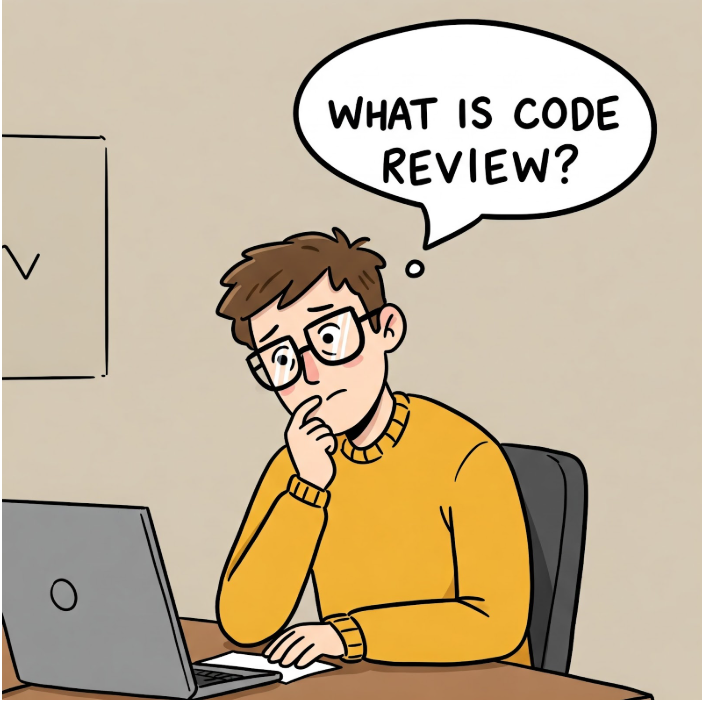
In a world where nearly 90% of software projects fail due to quality issues, code review isn’t just a routine step—it’s the silent hero that separates reliable apps from risky rollouts. Think of it like launching a rocket without a pre-flight check or publishing a book without an editor. Skipping code reviews can lead to problems that are expensive, time-consuming, or even dangerous. In today’s world—where software powers everything from finance to healthcare—the room for error is tiny. A single overlooked line of code can break trust, ruin reputations, or even cost lives. In that context, code review is more than a task. It’s a mindset. A commitment to building quality software that stands the test of time. Let’s look at why code review is essential—and how top teams get it right.
Why Code Review Isn’t Optional—It’s Survival
-
It Helps Avoid Billion-Dollar Mistakes
In 2012, Knight Capital lost $440 million in 30 minutes due to a single unchecked line of code. Today, with AI powering everything from self-driving cars to healthcare systems, the risks are even higher.
A 2023 Cambridge University study found that peer reviews catch 60% of critical defects—twice the rate of static analyzers. In other words, a second pair of eyes could save millions.
-
It Builds Stronger Teams
Software is a team sport. At Google, every line of code is reviewed by at least two engineers. This practice cut onboarding time for new hires by 40%.
Reviews encourage learning—junior developers pick up best practices, while experienced engineers stay updated on new trends.
-
It Protects Against Security Threats
Cyberattacks are expected to cost $10.5 trillion per year by 2025 (source).
Code review is your first line of defense. When Microsoft introduced mandatory security reviews, they reduced vulnerabilities in Azure by 75% (Microsoft Dev Blog).
-
It Sparks Innovation
At Slack, reviews aren’t just about fixing bugs—they’re a platform for creative ideas. In fact, 80% of their code review feedback is focused on making the user experience better, not just debugging. It’s where innovation begins.
Code Review: More Than a Bug Check
Yes, code review helps catch bugs. But its value goes way deeper. It’s a place for collaboration, mentorship, and knowledge sharing. Take Google again. By requiring two reviewers per pull request, they built a system of collective ownership. This created faster onboarding and kept critical knowledge within the company—even as employees moved teams or left. And the financial benefit? It’s real. IBM’s research shows that fixing bugs after release is 100x more expensive than during development. Reviews help catch these issues early, saving time and money.
How Much Time Does It Take?
The answer: it depends. But here’s a general breakdown:
Developers spend about 15–25% of their workweek on reviews—roughly 6–10 hours in a 40-hour week.
Senior engineers often spend up to 30%, since they approve complex changes and mentor juniors.
Interestingly, Microsoft found that 20% of reviews take up 80% of the time, mostly when working on legacy systems or large-scale changes
It’s Also About People
At the end of the day, code review is a human process. A 2023 GitLab survey found that 68% of developers say they learn faster from peer feedback than formal training. Some teams, like Basecamp, even have a “No Jerks” policy—reviewers must use constructive language like “What if we tried...” instead of “This is wrong.” Why? Because teams with kind, honest feedback loops are more likely to stick together. In fact, they see 40% higher retention rates. Security is human too. While automated tools catch obvious issues, now tools like Panto AI can spot subtle bugs—like a cleverly disguised SQL injection or a misconfigured permission setting.
The good news?
Code reviews are no longer optional—they’re a survival tool in modern software development. They catch bugs early, build strong teams, improve security, and drive better products. Whether you’re building the next Slack, protecting sensitive data, or mentoring new engineers, code reviews are your most underrated advantage. AI is transforming the code review landscape. At Panto AI, we've helped teams accelerate their pull request (PR) merge times by up to 5x. We achieve this by automating the repetitive parts of the review process while enabling a seamless workflow where human and AI agents collaborate. This hybrid approach ensures faster, high-quality reviews—without compromising on depth or accuracy.
Your AI code Review Agent
Wall of Defense | Aligning business context with code | Never let bad code reach production
No Credit Card
No Strings Attached
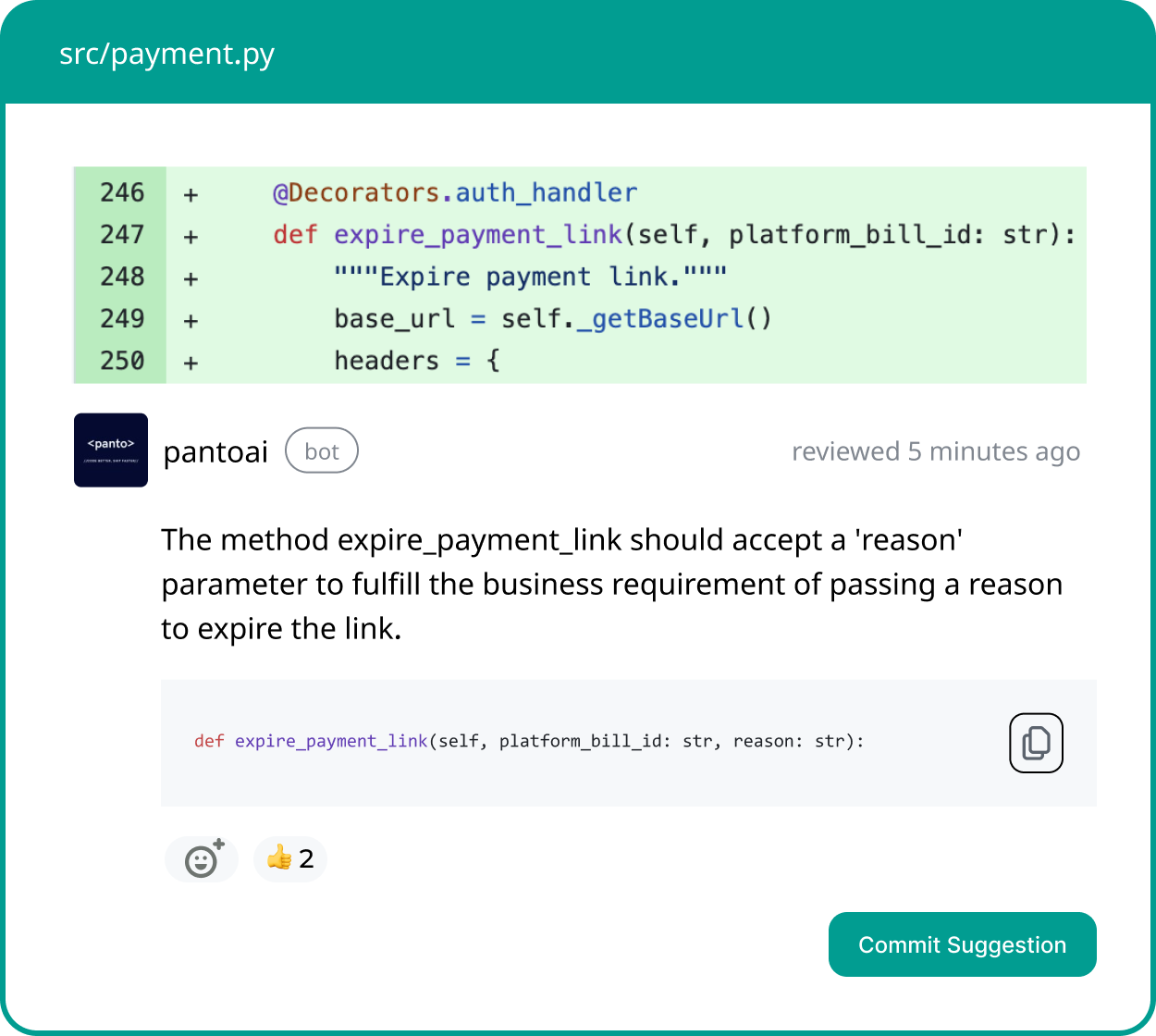
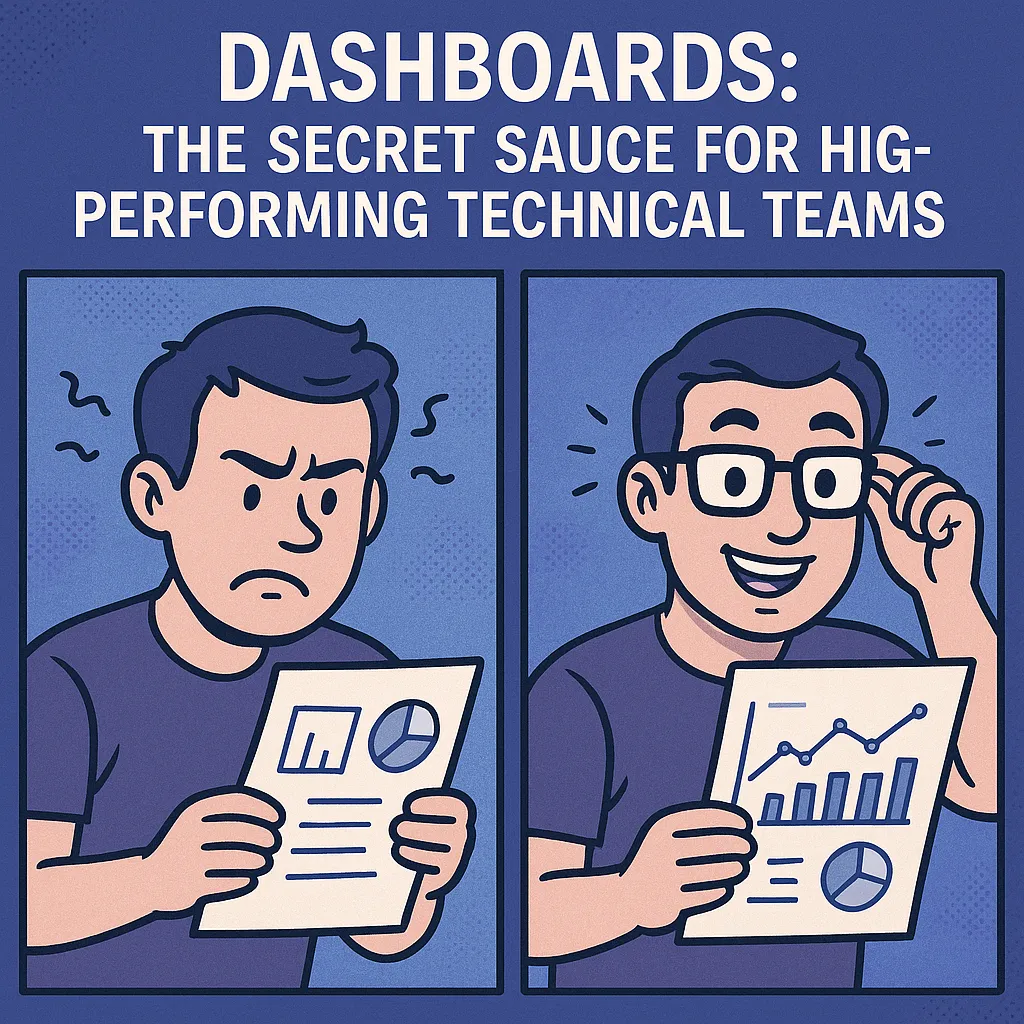
Dashboards: The Secret Sauce for High-Performing Technical Teams
If you’ve ever worked on a technical team, you know the feeling: juggling deadlines, tracking pull requests, keeping an eye on code quality, and — oh yes — fielding the occasional “How’s it going?” from your manager. In this whirlwind, dashboards are the unsung heroes that turn chaos into clarity, helping teams not just survive, but thrive.
Jul 01, 2025
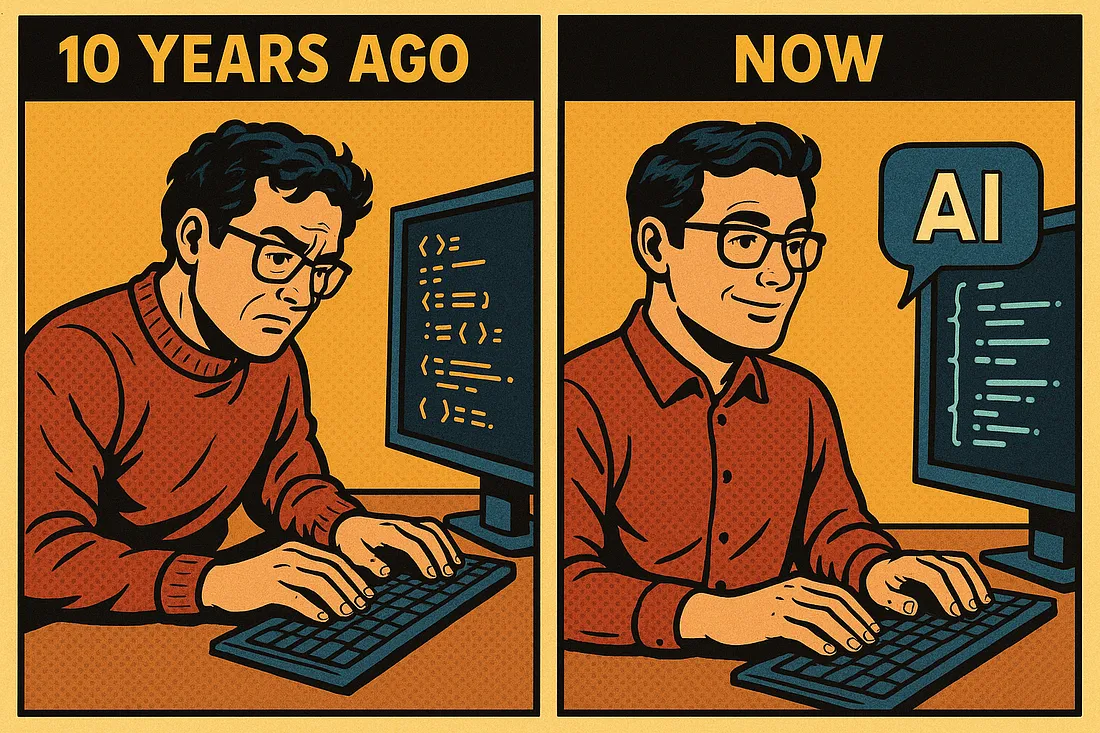
How AI-Driven Development Tools are Revolutionizing the Coding Experience
Remember the days when coding felt like solving a Rubik’s Cube in the dark? Yeah, those days are over. Welcome to the era where AI is your coding buddy, and everything just got a lot smarter — and a lot more interesting.
Jun 30, 2025
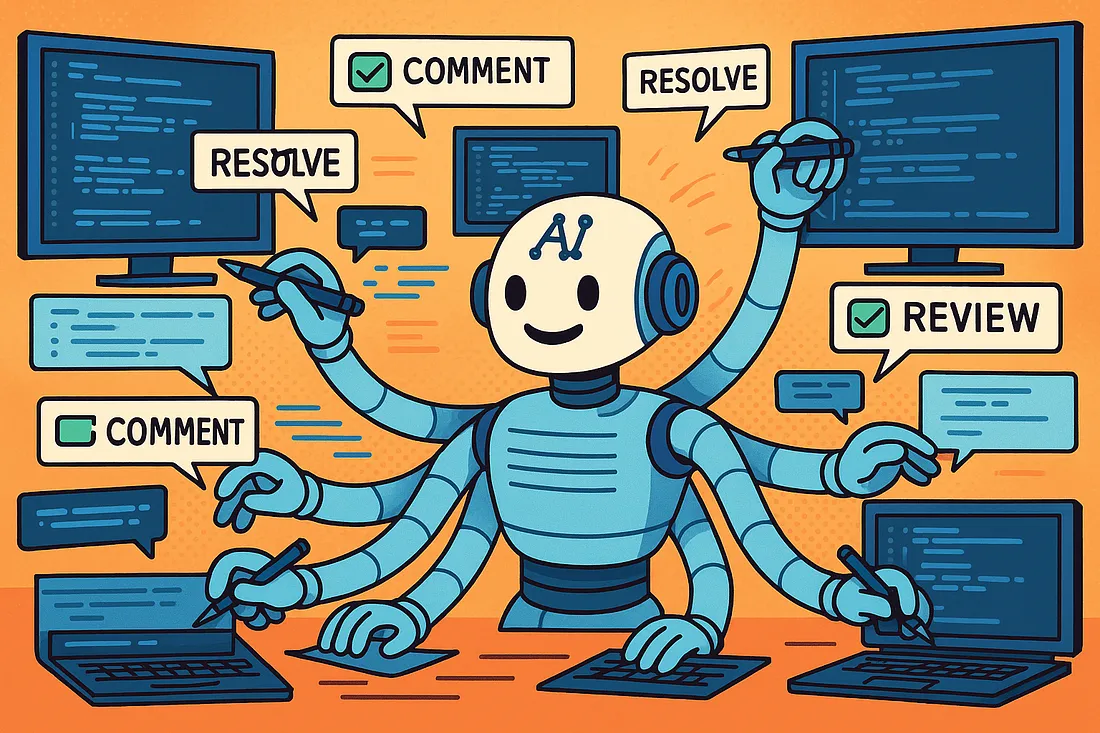
How AI Code Review Tools Are Transforming Code Quality and Developer Velocity
Why teams are adopting AI reviewers to boost code quality, cut review time, and scale engineering excellence. Code reviews are a cornerstone of healthy engineering teams. They catch bugs, promote learning, and keep codebases clean. But as teams scale, the code review process starts to break. Pull requests pile up. Senior engineers get swamped. Review quality drops, or slows delivery. Now, a new kind of teammate is stepping in: the AI-powered code reviewer. These tools don’t just check formatting. They surface logic issues, enforce best practices, and provide structured feedback. The result? Faster shipping, fewer bugs, and cleaner code across the board.
Jun 26, 2025
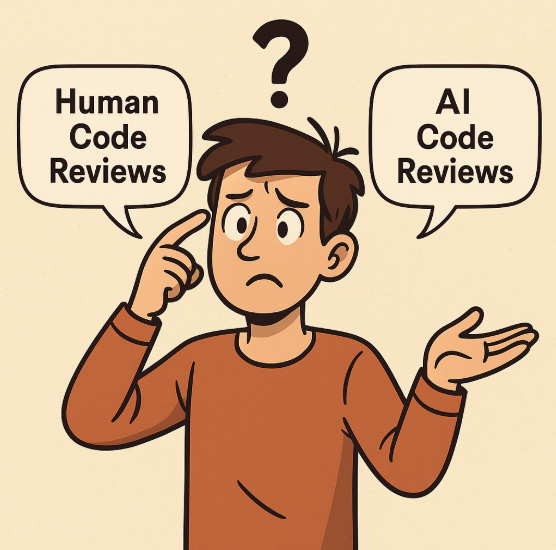
Why Should AI Review Your Code?
Modern software development moves faster and at a larger scale than ever. Engineering managers and tech leads know that thorough code review is essential for quality, but human-only reviews often become a bottleneck. As one [analysis](https://linearb.io/blog/ai-code-review#:~:text=Manual%20code%20reviews%20slow%20teams,own%20work%20and%20review%20tasks) notes, manual reviews “slow teams down, burn reviewers out, and miss things that machines catch in seconds”. In response, AI-powered code review tools are gaining traction. These tools apply machine learning and large language models to analyze code changes instantly, offering speed, consistency, and scalability that complement human judgment. In this blog we’ll explore why AI review can outperform solo humans in many situations, what pitfalls it addresses, and how teams can combine AI and human reviewers to accelerate delivery without sacrificing quality.
Jun 25, 2025
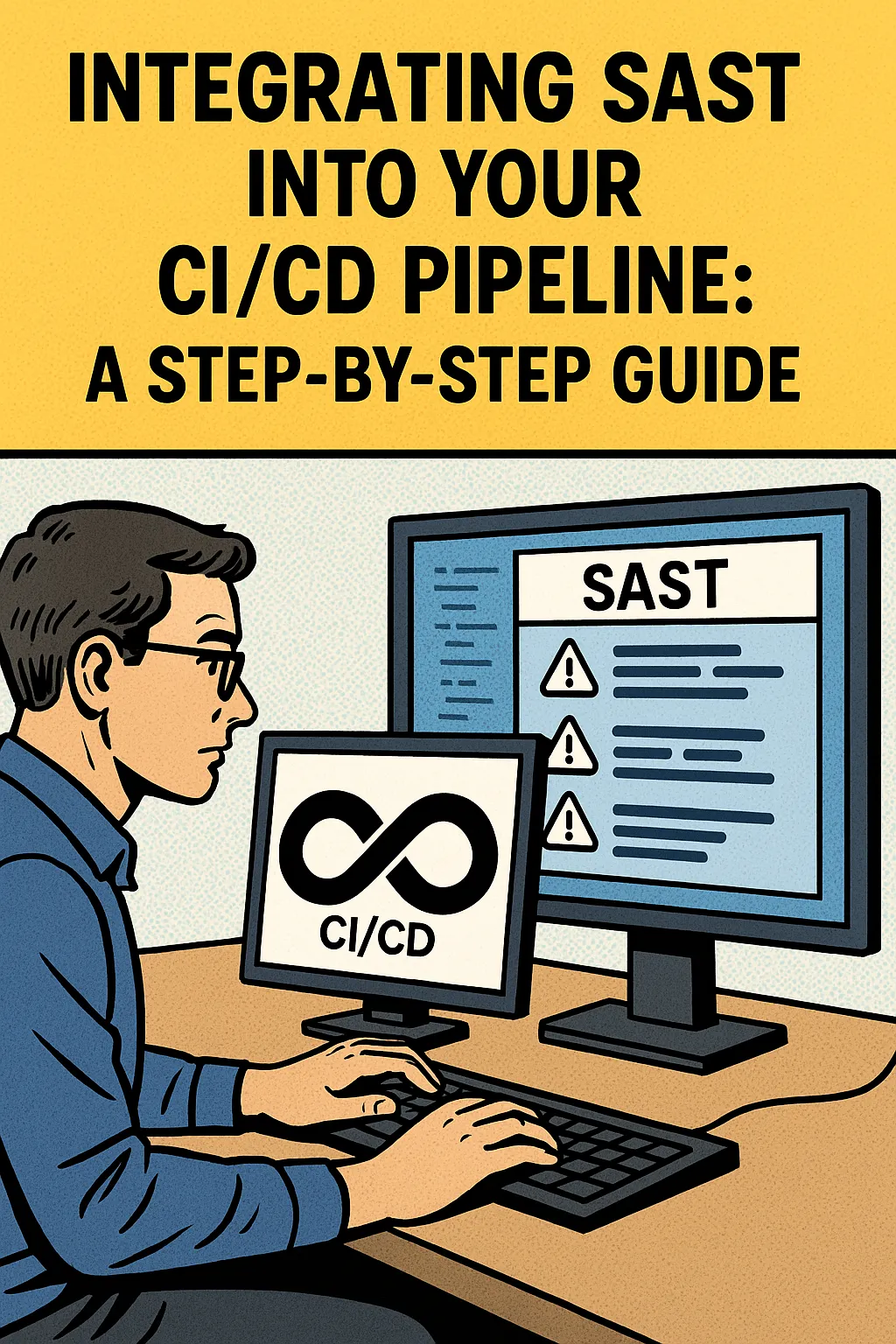
Integrating SAST into Your CI/CD Pipeline: A Step-by-Step Guide
If you’re looking to supercharge your software delivery while keeping security tight, integrating Static Application Security Testing (SAST) into your CI/CD pipeline is a game-changer. It’s not just about catching bugs — it’s about making security a seamless part of your development workflow, so your team can deploy confidently and quickly. Here’s how you can do it, step by step, with a little help from Panto AI.
Jun 24, 2025
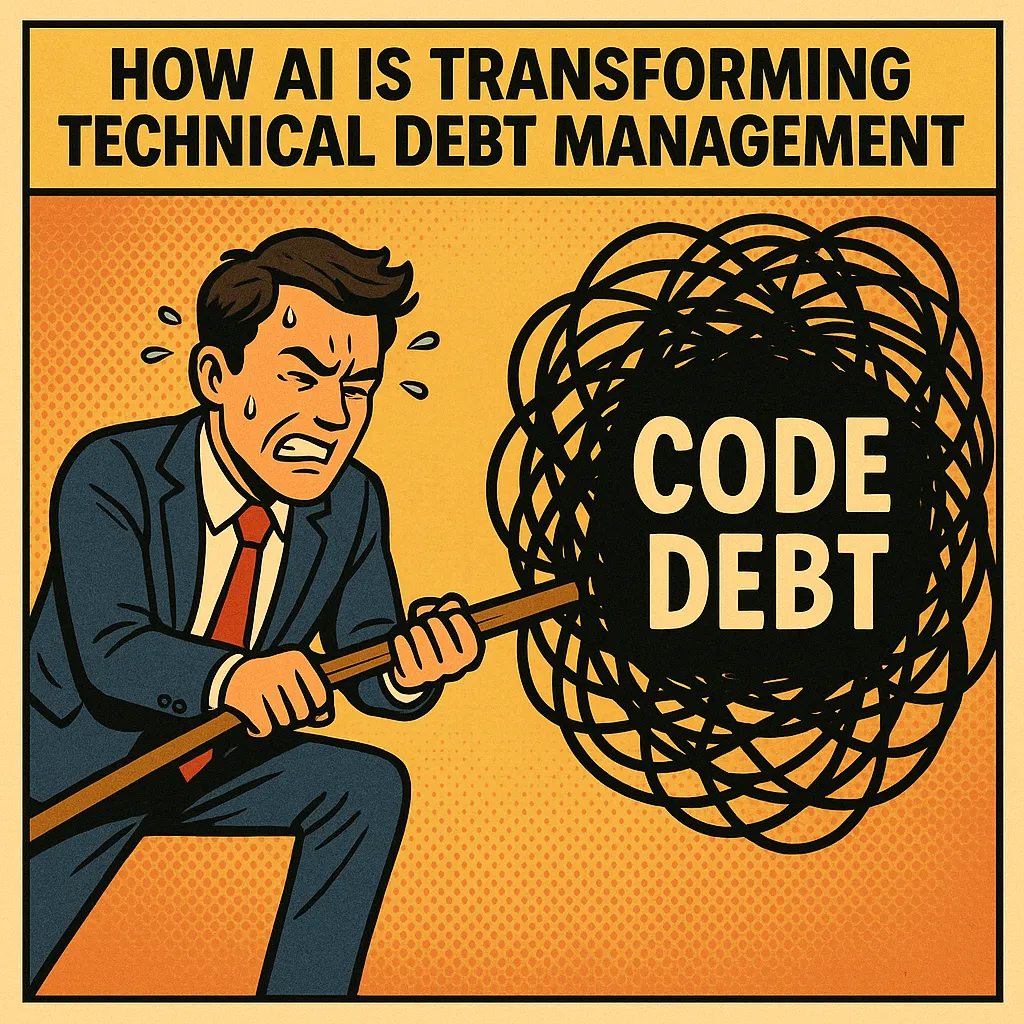
Revolutionizing Code Reviews: How AI is Transforming Technical Debt Management
Let’s be honest: every software team, no matter how disciplined, wrestles with technical debt. As a CTO or Product Engineering Manager, you’ve seen how those “just this once” shortcuts and legacy code patches add up. Before you know it, your team is spending more time untangling old code than building new value. But here’s the twist: AI code reviews and AI code tools are turning the tables on technical debt. The results are game-changing.
Jun 24, 2025